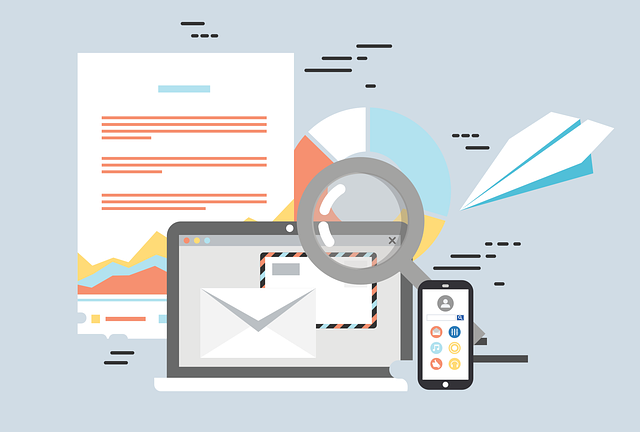AI engagement heatmaps are visual tools that track user interactions within fitness apps, revealing areas of high and low engagement. This data helps developers enhance content, personalize promotions, and prioritize features based on users' unique interests and behaviors. By utilizing AI algorithms to analyze user data, fitness app creators can provide tailored experiences, such as customized workout routines and targeted marketing campaigns, leading to increased engagement and retention. However, challenges include data privacy concerns and the need for significant resources in setup and model training.
In today’s data-driven landscape, artificial intelligence (AI) tools are revolutionizing how businesses engage customers. This article explores the power of AI in personalizing promotions for members, with a specific focus on fitness apps. We’ll delve into understanding AI engagement heatmaps, effective personalization strategies, and the benefits and challenges of AI-powered promotions. Discover how AI enhances user experiences and drives better results in the competitive world of fitness apps.
- Understanding AI Engagement Heatmaps
- Personalization Strategies with AI in Fitness Apps
- Benefits and Challenges of AI-Powered Promotions
Understanding AI Engagement Heatmaps

AI engagement heatmaps offer valuable insights into user behavior within fitness apps, highlighting areas of high and low interaction. These visual tools track where users focus their attention, click, or engage with app features, providing data-driven clues about what motivates them and what might need improvement.
For instance, a heatmap could reveal that most users interact intensively with workout videos but barely scroll through the nutrition tracking section. This information can guide developers in refining app design: enhancing video content, adding more interactive elements to nutrition tracking, or even reordering features to prioritize user engagement. By understanding AI engagement heatmaps, fitness app creators can personalize promotions more effectively, ensuring that marketing efforts resonate with users’ unique interests and behaviors.
Personalization Strategies with AI in Fitness Apps

Personalization has become a key differentiator for fitness apps, and Artificial Intelligence (AI) is leading the charge in this regard. By leveraging AI algorithms, these apps can analyze vast amounts of user data to create highly tailored experiences. One powerful tool in their arsenal are AI engagement heatmaps, which track user behavior within the app, identifying popular features, and pinpointing areas that require improvement. This data enables developers to customize content, such as workout routines, nutrition plans, and promotional offers, specifically for each member’s needs and preferences.
For instance, an AI-driven fitness app might recommend a personalized training program based on a user’s past performance, goals, and feedback. Additionally, it can send targeted promotions, like discounts on new gear or exclusive class passes, to keep members engaged and motivated. This level of customization not only enhances the overall user experience but also fosters long-term loyalty, as members feel understood and supported in their fitness journeys.
Benefits and Challenges of AI-Powered Promotions

The integration of AI tools into promotion strategies offers a myriad of advantages for businesses, particularly in personalized marketing. One of the key benefits is the ability to create highly tailored experiences for each customer. By analyzing vast amounts of data, AI algorithms can identify individual preferences and behaviors, enabling companies to deliver targeted promotions that resonate with specific users. This level of customization increases engagement and conversion rates significantly. For instance, fitness apps utilizing AI engagement heatmaps can recommend personalized workouts based on user history, improving member satisfaction and retention.
However, challenges accompany this innovative approach. Data privacy and security are paramount concerns as AI relies on extensive customer information. Ensuring transparent data handling practices is essential to maintaining trust. Additionally, the initial setup and training of AI models require substantial resources and expertise, which can be a hurdle for smaller businesses. Balancing the benefits of enhanced personalization with these challenges is crucial for successful AI-powered promotion campaigns in competitive markets.
AI engagement heatmaps offer a powerful way to personalize promotions within fitness apps, enhancing user experiences and driving engagement. By leveraging these tools, businesses can create targeted campaigns that resonate with individual users, ultimately increasing conversion rates. While challenges exist, the benefits of AI-powered promotions in fitness apps are significant, promising a more dynamic and effective marketing approach for the future.
